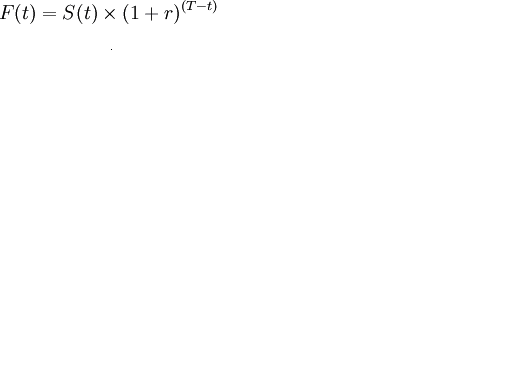Futures
Please note that we are not authorised to provide any investment advice. The content on this page is for information purposes only.
Futures or futures contracts are derivatives bought or sold on a futures exchange. Futures are contracts tobuy or sell a particular commodity at a specified price on a certain date in the future. The underlying asset could be commodities, energy, currencies, government bonds or other financial instruments. The future date on which the contract is executed is known as the final settlement date or the delivery date. The predetermined price is known as the settlement price. The mechanism for settlement is provided by the clearinghouse of the futures exchange.
Table of Contents
Common Features of Futures
The common features of futures are:
Pricing of Futures
When the price of the underlying commodity in a futures contract is higher than the spot (immediate) price, the situation isknown as contango. When the price of the underlying commodity for future delivery is lower, the situation is known as backwardation.
The price of a futures contract can be calculated with the following formula

where,
F(t) = future value
S(t) = present value
t = time
T = maturity
r = rate of return
Futures: Types of Settlement
There are two types of settlements in the futures market – physical settlement and cash settlement. A futures contract is physically settled if the underlying asset is actually delivered in exchange for the settlement price. This is not the case with cash settlement, where no physical delivery of the underlying asset takes place. Instead, the futures contract is settled for money depending on what the market value of the contract is expected to be at maturity. Speculators opt for cash settlements, which those with interest in the underlying commodity opt for physical settlement.
The futures market is not for the novice trader. It is critical that you check your financial situation, investing goals and risk appetite before venturing into futures trading.




